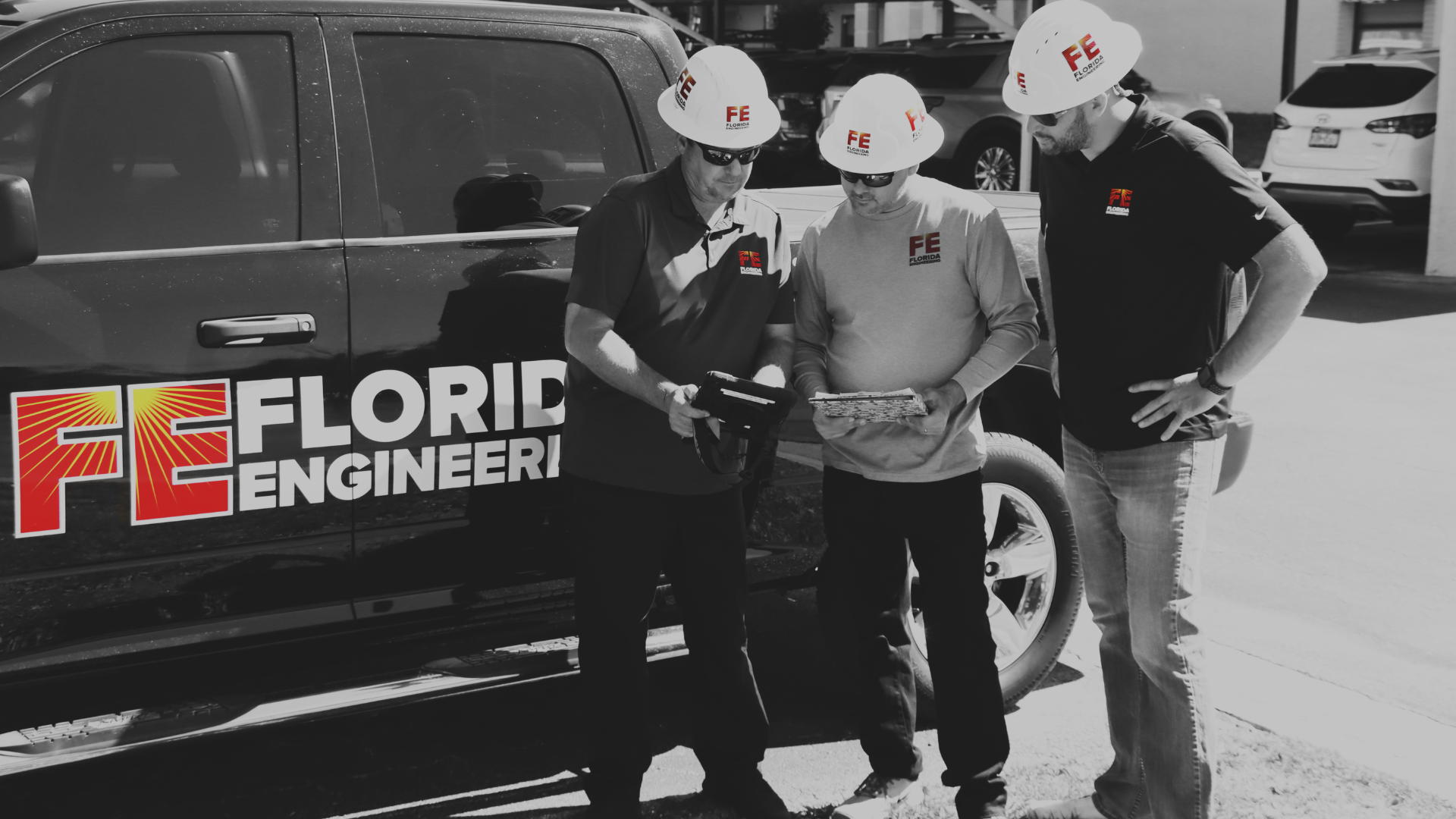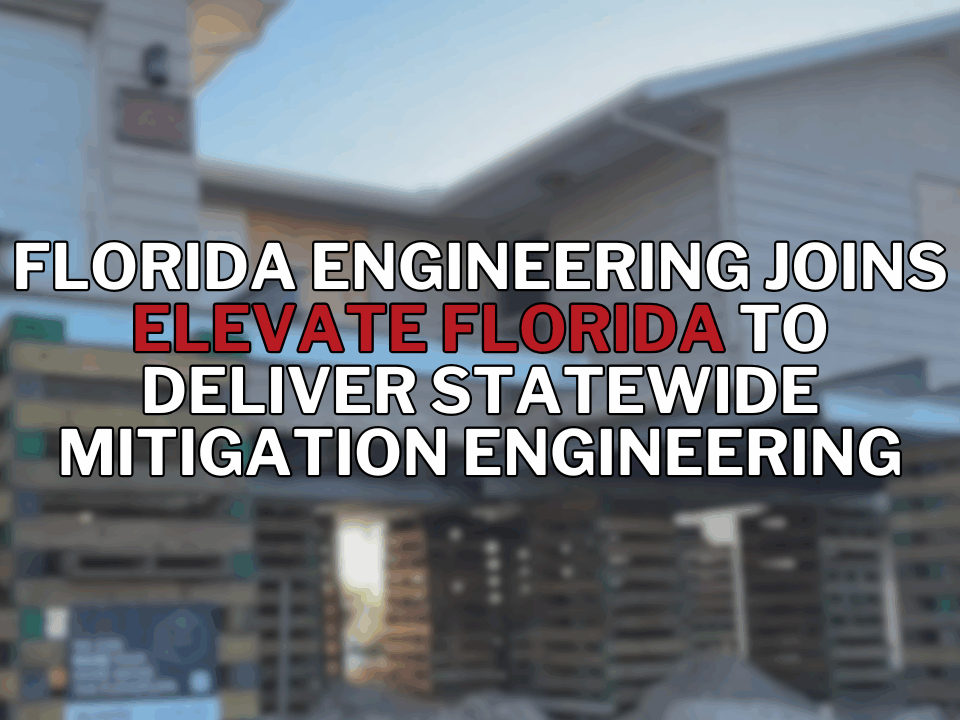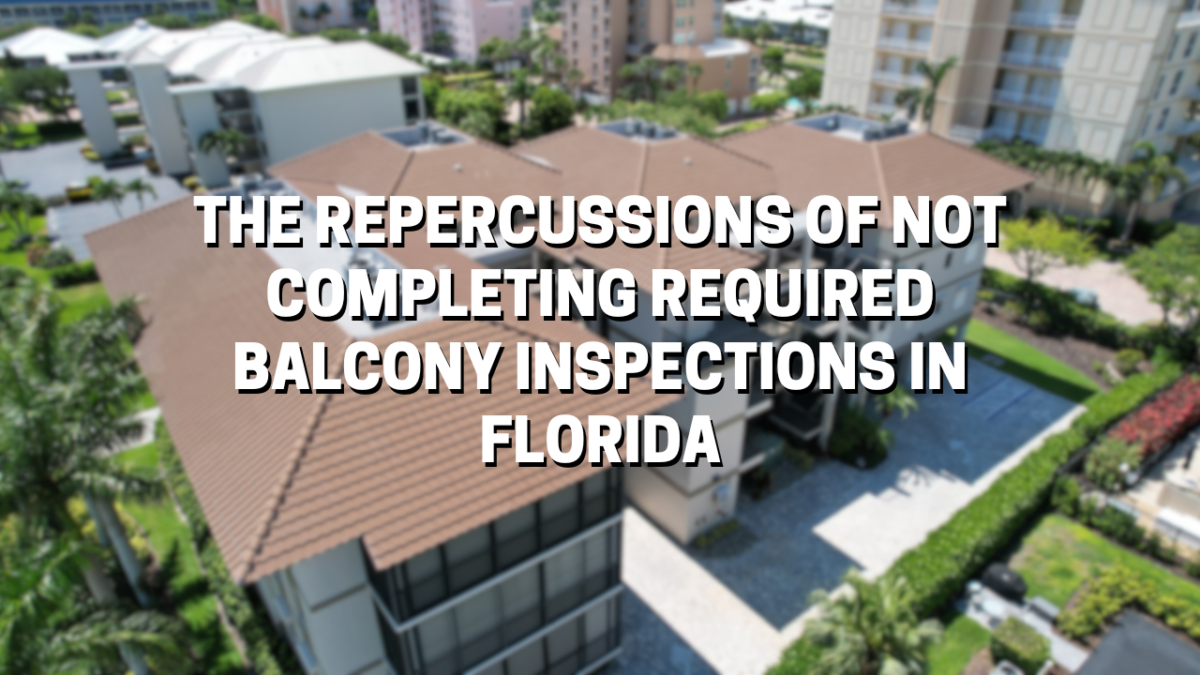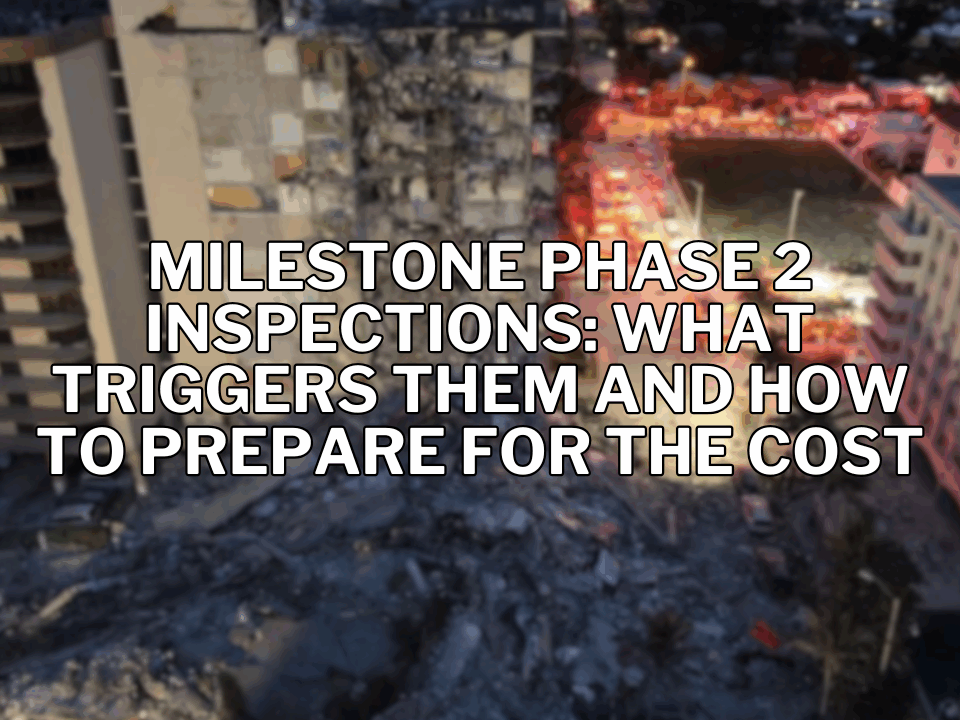Ensuring the safety and structural integrity of balconies is a critical aspect of building maintenance, particularly in Florida where environmental factors can exacerbate wear and tear. The state mandates regular inspections for certain buildings to prevent accidents and ensure public safety. However, failing to comply with these requirements can lead to significant repercussions.
Administrative Penalties
One of the immediate consequences of not completing the required balcony inspections is the imposition of administrative penalties. These can include:
- Fines: Building owners or associations may face substantial fines for non-compliance. The exact amount can vary, but it is designed to be a deterrent against neglecting safety inspections.
- License Suspension or Revocation: For public lodging establishments such as hotels and motels, failure to submit the required balcony inspection certificate can lead to the suspension or revocation of the establishment’s operating license. This can severely impact the business’s ability to operate and generate revenue.
Legal and Liability Issues
Neglecting mandatory balcony inspections can expose building owners and associations to significant legal and liability risks:
- Legal Liability: If an accident occurs due to an unsafe balcony that was not inspected as required, the building owner or association could be held legally liable for any injuries or damages. This can result in costly lawsuits and settlements, potentially amounting to millions of dollars.
- Increased Insurance Costs: Non-compliance with inspection requirements can lead to increased insurance premiums or even denial of coverage. Insurers may view the property as a higher risk, leading to higher costs or loss of insurance altogether.
Operational Consequences
The operational impact of not completing required balcony inspections can be severe:
- Closure of Establishment: In severe cases, authorities may order the closure of the affected areas or even the entire building until the necessary inspections and repairs are completed. This can disrupt the lives of residents and the operations of businesses, leading to financial losses.
- Mandatory Repairs: If issues are identified during an inspection, the building owner or association is responsible for making the necessary repairs. Failure to address these issues can result in further penalties and increased liability risks.
Local Enforcement Actions
Local enforcement agencies have the authority to prescribe additional timelines and penalties for non-compliance, particularly in areas with heightened environmental stressors:
- Stricter Inspection Schedules: Buildings located within three miles of the coastline may be subject to more stringent inspection schedules due to increased exposure to environmental stressors such as saltwater corrosion. Non-compliance in these areas can result in even stricter enforcement and penalties.
Requirements for Balcony Inspections in Florida
In Florida, balcony inspections are crucial for ensuring the safety and structural integrity of buildings, particularly those used for public lodging and residential buildings that are three stories or higher. Here are the specific requirements for conducting these inspections:
Who Must Undergo Balcony Inspections?
- Public Lodging Establishments: Buildings such as hotels, motels, and similar establishments that are three stories or higher must undergo regular balcony inspections.
- Residential Buildings: Condominiums, apartments, and other residential buildings that are three stories or higher and have balconies accessible from the interior must also comply with these inspection requirements.
Frequency of Inspections
- Every Three Years: The law mandates that balcony inspections occur every three years. The initial inspection and filing of the certificate must have commenced by January 1, 1991, with subsequent inspections required every three years thereafter.
Who Can Perform the Inspections?
- Licensed Professionals: Inspections must be conducted by a licensed professional engineer like Florida Engineering LLC or architect who is qualified to assess the structural integrity of the balconies. The professional must be competent to conduct such inspections and provide an official certification of safety.
Inspection Components
During a balcony inspection, the following components are typically evaluated:
- Balcony Railings: Inspectors check the height, spacing, and condition of the railings, including posts, balusters, and other components.
- Balcony Flooring: The floor is examined for cracks, corrosion, or other signs of damage.
- Supporting Structures: Inspectors assess the condition of beams, columns, and other structural supports.
- Waterproofing and Drainage Systems: Ensuring that water is not penetrating the structure and causing damage.
- Sealants and Joints: Checking for intact and non-deteriorating sealants and joints.
Certification and Documentation
- DBPR-HR-7020 Form: The “Certificate of Balcony Inspection” (DBPR-HR-7020) must be completed by the licensed professional. This form certifies that the balconies and other elevated structures are safe and free of defects.
- Submission Deadlines: The certificate must be submitted to the Division of Hotels and Restaurants and the applicable local government agency or office by January 1 of every third year for hotels and motels, and by October 1 of every third year for other public lodging establishments.
Repercussions of Non-Compliance
- Fines and Penalties: Failure to comply with the inspection requirements can result in fines and administrative sanctions, including the suspension or revocation of the establishment’s license.
- Legal Liability: Building owners or associations may face legal liability if an accident occurs due to an unsafe balcony that was not inspected as required.
- Operational Impact: Authorities may order the closure of the affected areas or the entire building until necessary inspections and repairs are completed.
Conclusion
In summary, the repercussions of not completing the required balcony inspections in Florida are multifaceted and severe. They include administrative penalties, legal and liability issues, operational disruptions, and local enforcement actions. Building owners and associations must ensure timely compliance with inspection regulations to avoid these penalties and ensure the safety of their residents and visitors. Failure to do so not only jeopardizes public safety but also exposes the property owners to significant financial and legal risks.
Contact Us – The Condominium Experts Near Me – Florida’s Condominium Inspections
- Phone: 941-391-5980
- Email: contact@fleng.com
- Address: 4161 Tamiami Trail, Suite 101, Port Charlotte, FL 33952
Connect With Us
Related Services
- Milestone Inspections
- Energy Calculation Services
- 25,30,40,50,60 Year Recertifications
- Pool Engineering Services
- Turnover Inspections
[This above text is for information purposes only and does not constitute engineering or legal advice. Please consult a professional engineer and licensed attorney for any specific answers to your questions about balcony inspections and the legal obligations balcony inspections entail.]






